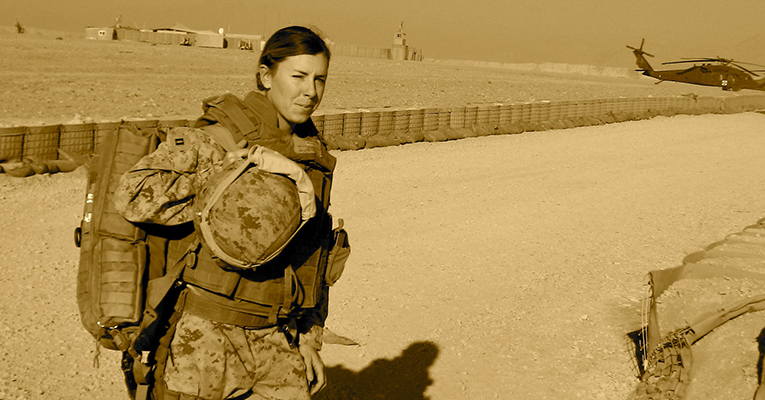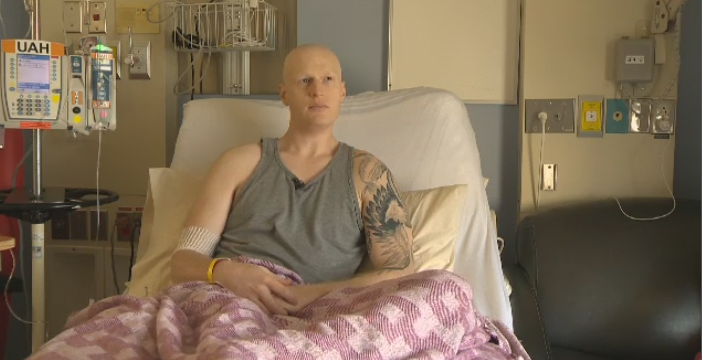A school bus driver, Johnthony Walker, 24, has been charged in connection to a crash that killed five young children in Tennessee.
The bus was traveling at a “high rate of speed, well above the posted speed limit of 30 mph,” police said this morning.
Of the five deaths, interim Superintendent Kirk Kelly of the Hamilton County Department of Education told reporters this morning, three of the children were in fourth grade, one was in first grade and the other was a kindergartner, officials said.
Four of the five were girls.
Six students remain in intensive care, but details have not been released.
The bus was carrying 37 children, from kindergartners to fifth-graders, from Woodmore Elementary School in Chattanooga when it crashed into a tree around 3:30 in the afternoon Monday, officials said.
According to an arrest affidavit, the bus was traveling on a “narrow winding road” when Walker lost control.
The bus left the road, “striking an elevated driveway and mailbox, swerved to the left and began to overturn,” then ran into a telephone pole and a tree, according to the document.
The 32 survivors have been accounted for, according to Kelly, who added that students at the district will be excused if they decide not to go to school today and that counselors will be on hand for those who do.
The National Transportation Safety Board told reporters today it expects to be in the area for seven to 10 days to provide expertise.
Police said that Walker was arrested and that a warrant has been issued to remove the black box from the bus and review evidence on the bus’s video cameras. Kelly said this morning the school would cooperate with the investigation.
Walker has been charged with five counts of vehicular homicide, reckless endangerment and reckless driving. He is being held on a $20,000 bond. A preliminary court date has been set for Nov. 29. It was unclear whether he has a lawyer.
According to the affidavit, “the defendant was driving the school bus at a high rate of speed, well above the posted speed limit of 30 mph,” based on witness statements and physical evidence.
Interim Superintendent Kelly called Monday “one of the worst days we have had” in the school community.
Carina Noble, a spokeswoman for the bus operator, said in a statement, “Our thoughts and prayers are with the students and families who are affected.”
“Because this is an active investigation, we are unable to answer any questions at this time as we work with authorities,” she added.





